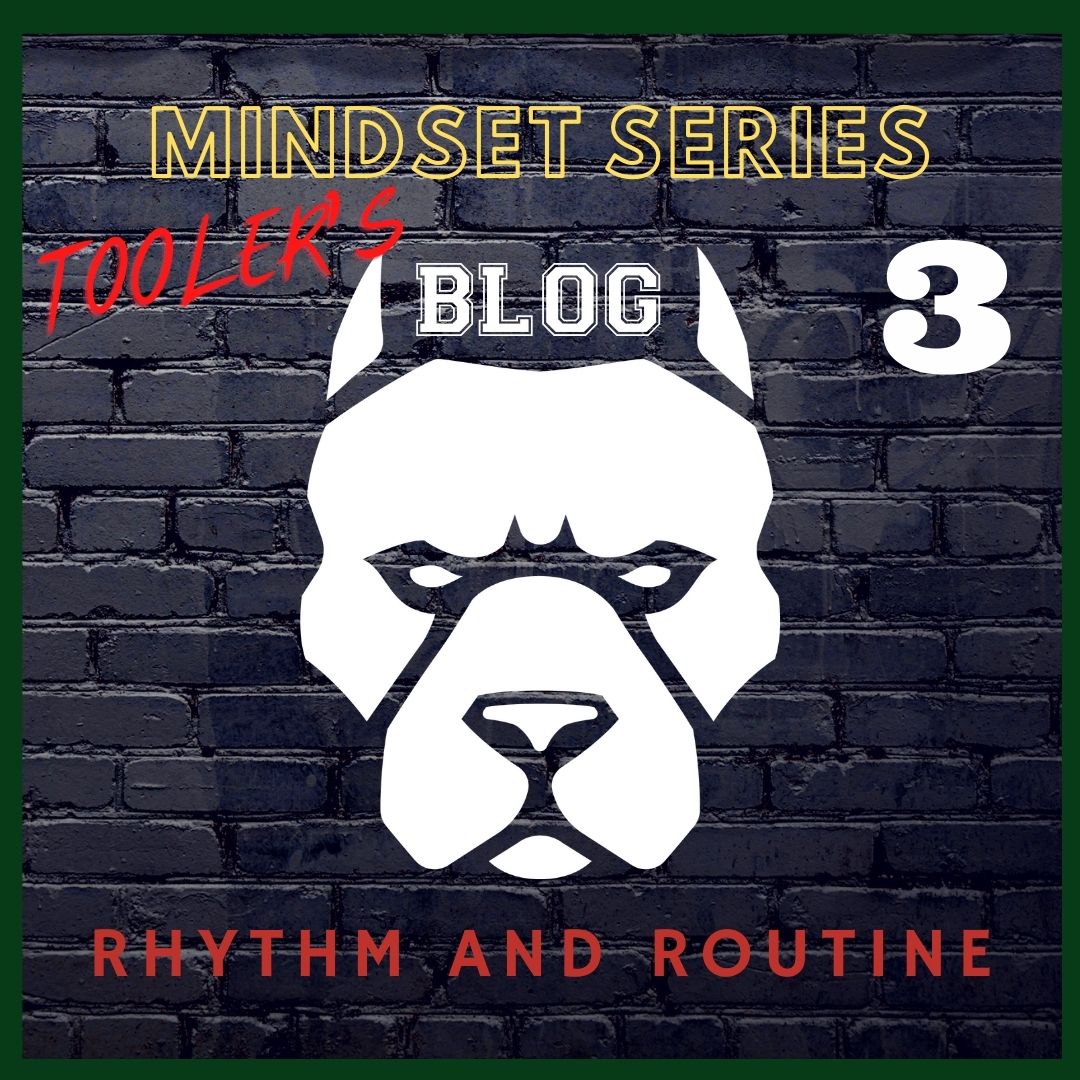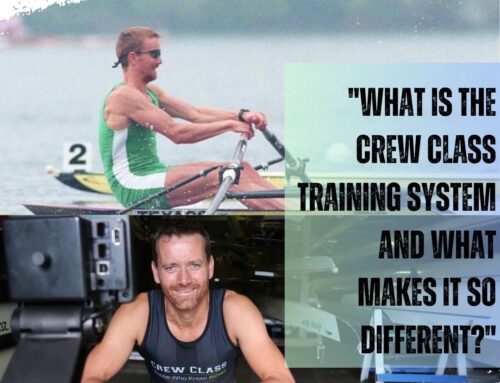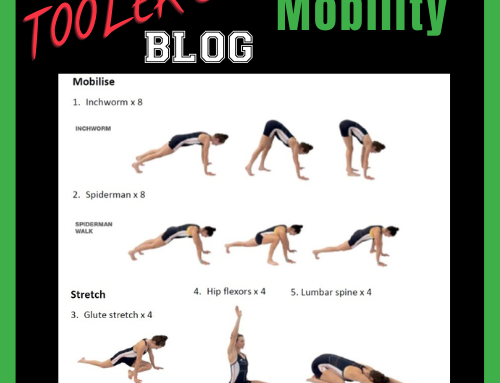Discipline is a harsh word. For many of us, it’s both triggering and judgmental. People make out that only those with strong discipline can compete at the top level. Personally, that word doesn’t do it for me. I even find it unhelpful. To get consistency in my training, I focused on good planning, instead.
Good planning creates good rhythms and routines, which reduce the reliance on motivation which may fluctuate daily. Most decisions to skip training are made in the small moments between getting out of bed and getting out the door. It’s the hassle in those small moments that gets to us all.
Imagine how easy it would be if you woke up and all the elements you needed to get out the door quickly to training were already in place; your food prepped, kit and transport all ready. It can be like that- it just requires a little planning.
Planning
Your day starts the night before. Find out the weather for the next day. Plan what session you’re doing and what session goals you want most to focus on. Decide what would be a good outcome. Have your kit out ready to step into and have it close to your bed. Have your bag sorted with your post-training kit in the bag. Get your breakfast prepared (e.g letting your porridge soak the night before ready for the morning). Have your post-training meal ready to grab and go. Have your bike at the hall door or car fuelled up and turned around the right way. Eliminate the need for decision making in real-time in the morning. You want to create conditions for a clear mind that is walking out the door with as few decisions to be made as possible and that is executing with as much ease as possible.
Pre-Training
Because you have your session pre-planned, you can optimise it by thinking through how you’re going to deploy on your way to training. When you arrive at the venue, develop small consistent physical rituals that help you to transition well from getting off the bike/ or out of the car to training, in the right concentrated frame of mind. For example, as you are stretching, you’re focusing in on the session you’re about to execute. You are not just letting the session come to you. You’ve had the journey there. You’ve had the time during the warm-up. It’s developing a routine way of thinking about the session before you then do it. I liked to walk into the boathouse the same way. I liked to stretch in the same corner on the same mat. It helped me to build a solid platform and create a good mindset going into each session.
Resetting
During training, it’s also good to have a physical action that can help to create a mental reset, if needed, if the session isn’t going to plan. We can all have off days. But having a physical act that is a pattern interrupt can help you do a mental reset during the session to regroup, refocus and re-execute. Rather than let a bad session continue all the way through.
Good planning will get you to training more consistently and with greater quality outputs in your training. It removes reasons not to train. It eliminates excuses. Over time, all those small improvements to your approach before, during, and after training, will all add up. It may look like you’re being disciplined from the outside, but good planning is much less loaded and much easier to execute.






